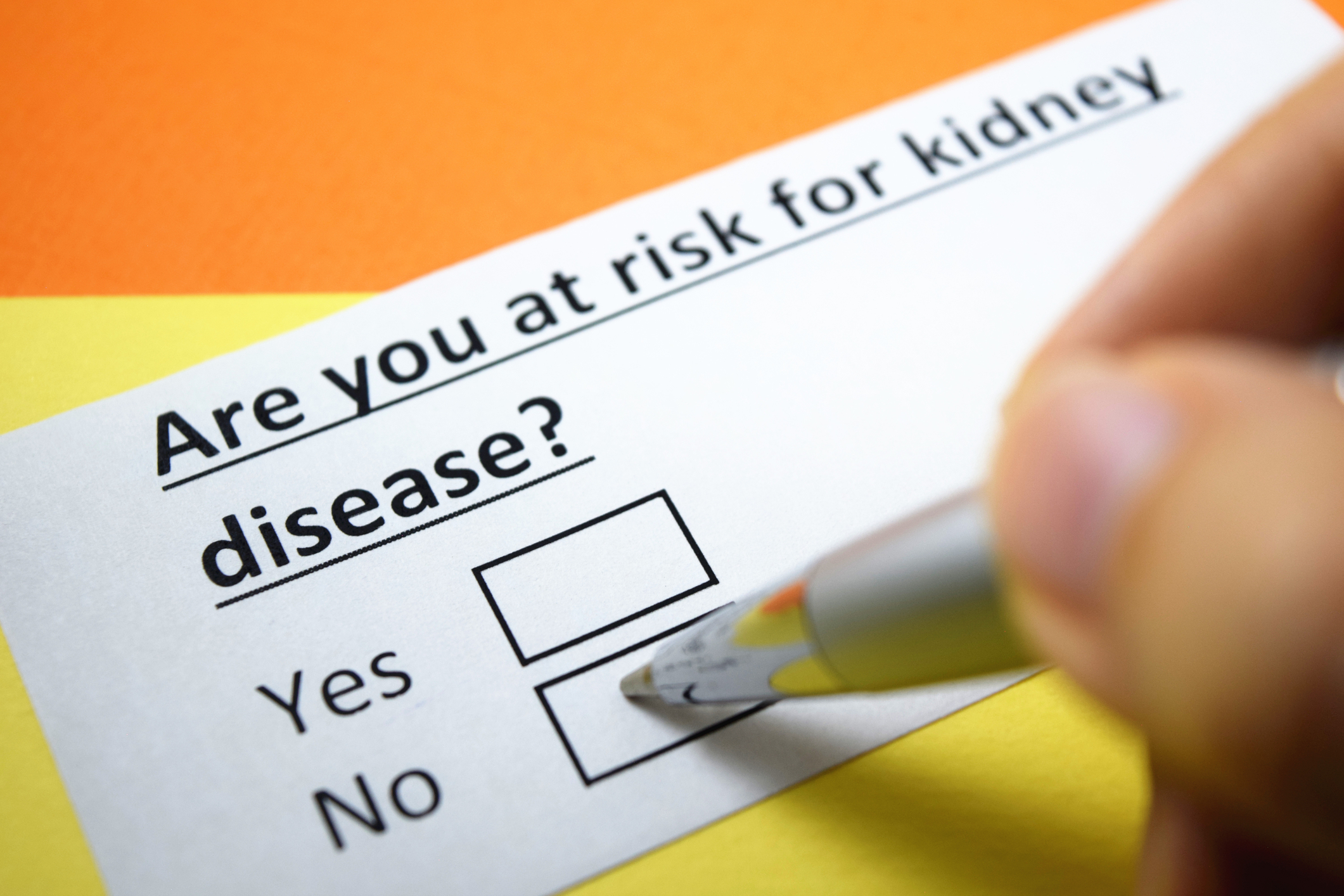Foods To Avoid For Optimal Kidney Health
45. Kidney Donation: Myths vs. Facts

Misconceptions about kidney donation can deter potential donors from coming forward. One common myth is that donation significantly affects the donor's quality of life. In fact, most donors lead normal, healthy lives after recovery. Another misconception is that donors will have to follow strict dietary restrictions post-donation. While a healthy diet is encouraged, most donors can return to their regular diet. It's also believed that the donation process is expensive for the donor, but in many countries, the recipient's insurance covers all donation-related expenses. Education and awareness are key to dispelling these myths and encouraging more people to consider donation.
46. Water Intake Calculator for Kidney Health

Proper hydration is essential for kidney health, but the right amount of water intake can vary based on individual factors, including age, climate, activity level, and health status. A general guideline is to aim for approximately 30-35 milliliters of fluid per kilogram of body weight per day. For someone weighing 70 kilograms, this would translate to about 2,100 to 2,450 milliliters, or roughly 70 to 83 ounces of fluid daily. It's also important to adjust intake based on exercise intensity and duration, weather conditions, and signs of dehydration or overhydration. Consulting with a healthcare provider can provide personalized recommendations, especially for those with kidney disease or other health conditions.
